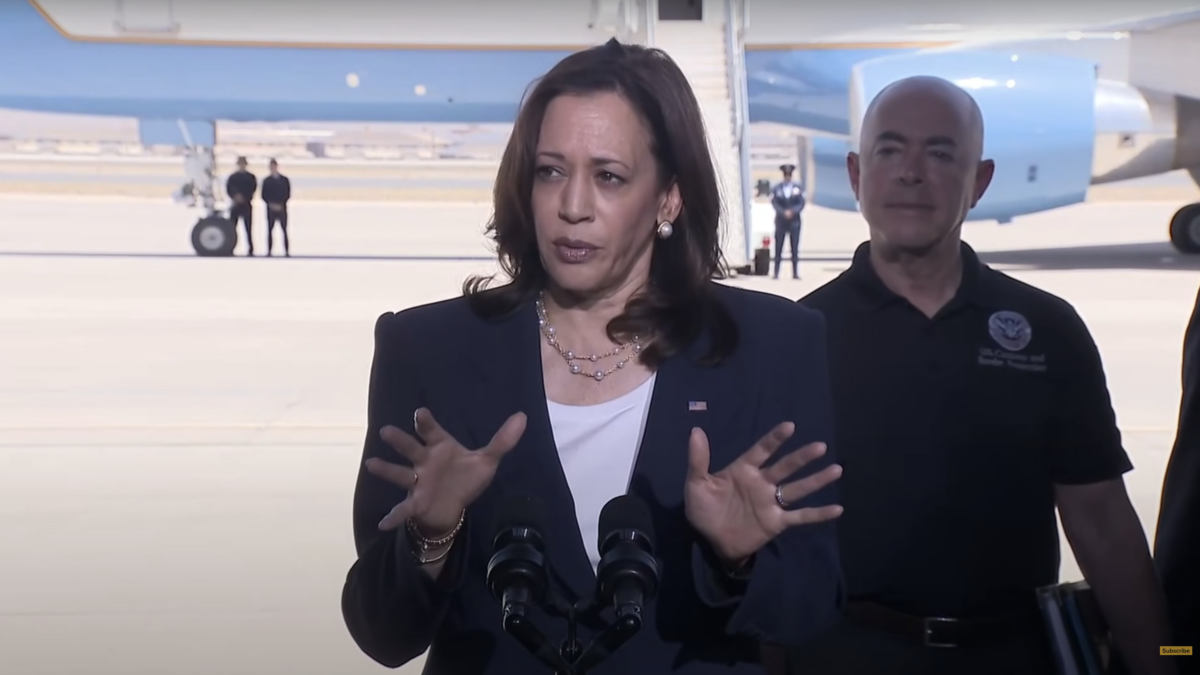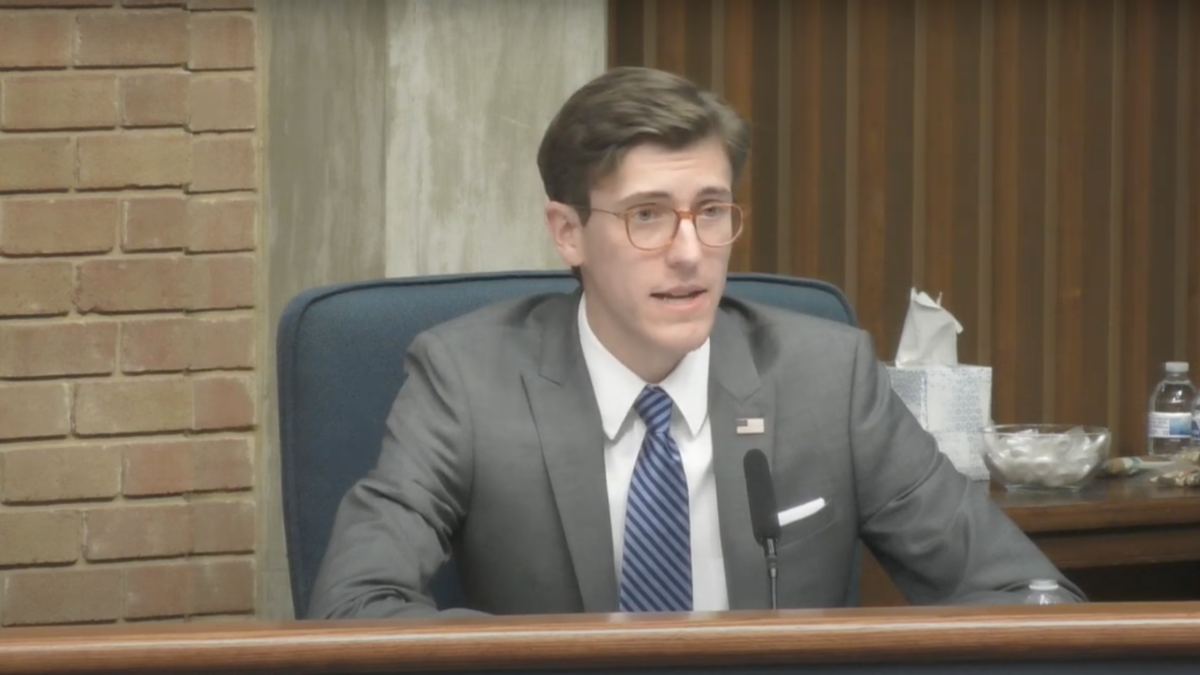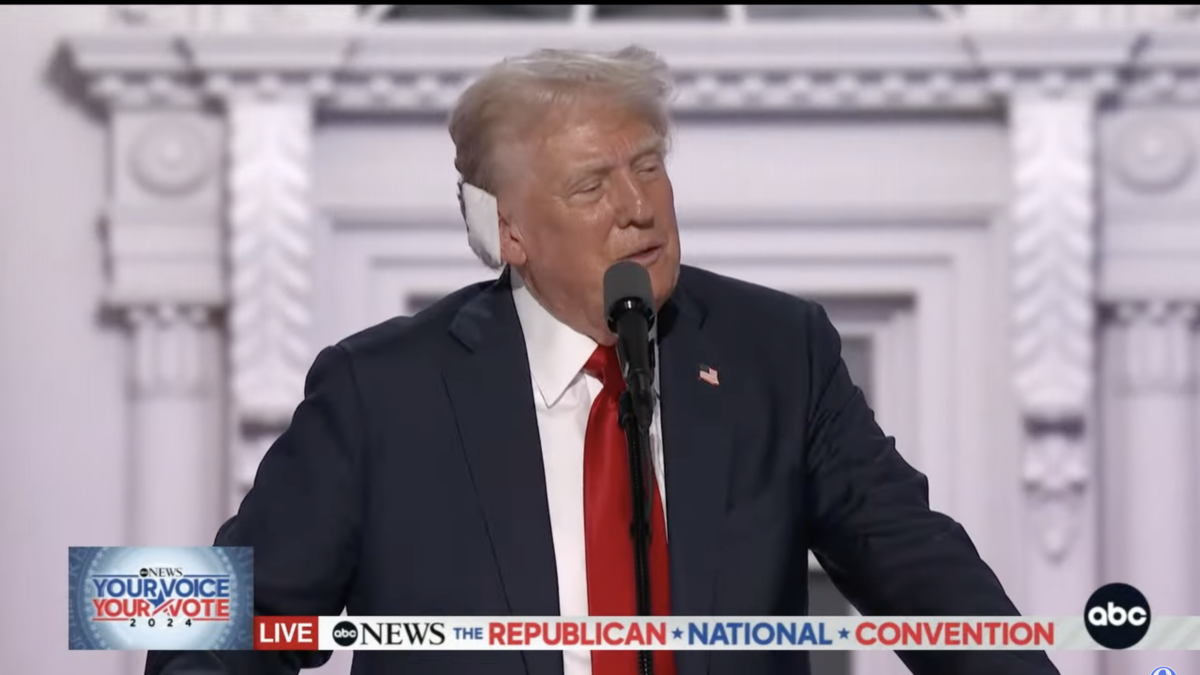President Joe Biden’s Energy Department canceled its plan to purchase millions of barrels of oil to refill the U.S. Strategic Petroleum Reserve (SPR). The cancellation means the Biden administration is unlikely to fulfill its promise of fully replenishing the SPR by the end of the year, and the SPR will remain at a historically low level after the administration depleted it in 2022.
The depletion of the SPR was caused by the Biden administration’s own failed energy policy. Shortly after he came into office, President Biden issued a series of anti-fossil fuel energy policies, including canceling the Keystone XL Pipeline project and halting leasing on federal lands for oil and gas production. Biden’s energy policies strangled American energy production and supply and caused energy prices to soar. According to the Heritage Foundation, “from January 2021 to January 2022, crude oil prices increased 45 percent, blowing past records set in 2008. Gasoline and diesel prices are the highest on record since the Energy Information Administration started keeping track in 1993.”
Rising energy prices inflicted economic pain on Americans but were a gift to Russia, the world’s largest natural gas exporter and one of the leading oil suppliers. Revenue from the energy sector has helped Russia’s Putin build up his foreign exchange reserves and enabled him to finance his invasion of Ukraine. President Biden conveniently blamed the Russia-Ukraine war rather than his energy policies for rising energy prices.
Seeking to appease American voters before the midterm elections in 2022, the Biden administration sold off more than 40 percent of the Strategic Petroleum Reserve (SPR) in 2022 in a futile effort to help limit energy prices from rising too high too fast. The administration’s action did little to lower energy prices meaningfully but left the SPR at its lowest levels since the 1980s.
The Biden administration promised to refill the reserve by the end of this year by buying oil from private companies. But it has frequently put those purchases on hold, claiming oil prices were higher than its $79-per-barrel target. The administration cited high oil prices again as the reason for its most frequent cancellations of oil purchases. The SPR remains depleted for the time being, which presents a national security risk because it leaves the United States vulnerable to respond to geopolitical events resulting in significant oil supply disruptions.
Unable to refill the SPR isn’t Biden’s only broken promise. When he signed the misleading Inflation Reduction Act (IRA) in 2022, he promised that the IRA’s new Internal Revenue Service (IRS) funding would only empower the agency to crack down on wealthy tax evaders, leaving the middle class alone. Biden’s Treasury Secretary Janet Yellen insisted that the additional IRS funding from the IRA “shall not be used to increase the share of small business or households below the $400,000 threshold audited relative to historical levels.” Additionally, IRS Commissioner Charles Rettig reassured the U.S. Senate that the 87,000 new IRS agents he would hire (funded by the IRA) would “absolutely not” increase audit scrutiny on small businesses or middle-income Americans.
The Wall Street Journal reported this week that the most recent IRS audit shows, “As of last summer, 63 percent of new audits targeted taxpayers with incomes of less than $200,000. Only a small overall share reached the highest earners, while 80 percent of audits covered filers earning less than $1 million.” In other words, the IRS indeed stepped up its audit scrutiny against small business owners and middle-income Americans, contrary to what President Biden and his cabinet officials promised.
Biden’s other broken promises include vowing to “deliver economic relief for working families.” Yet his administration’s excessive spending sparked inflation rates to rise to a four-decade high in 2022. Although the growth of inflation rates has slowed since then, the prices of many items remain elevated. Food inflation hit working families especially hard, as “prices for hundreds of grocery items have increased more than 50 percent since 2019,” according to The Wall Street Journal.
On the foreign policy front, Biden promised to end wars in the Middle East and restore respect for America internationally. Yet the United States’ humiliating and chaotic withdrawal from Afghanistan in 2021, which left 13 U.S. servicemen and women dead and billions of dollars’ worth of military equipment behind, significantly damaged our nation’s prestige and emboldened our adversaries.
The Biden administration restarted the nuclear negotiation with Iran, promising to curb Iran’s nuclear ambition and bring peace to the Middle East. The U.S. released billions of dollars to Iran and removed Iran-backed Houthi rebels in Yemen from the global terrorist list without asking for anything in return. Flushed with cash and weapons supplied by Iran, Hamas launched the worst attack against Israel on Oct. 7, 2023, and Israel was forced to respond militarily. Iran-backed Houthis launched missiles and drones against Israel and U.S. targets and terrorized shipping traffic in the Red Sea, causing disruptions in international trade. It is fair to say that under President Biden, America’s global image is diminished, and the Middle East is on fire.
Despite Biden’s colossal policy failures and broken promises in his first term, he will undoubtedly make more outlandish promises as he runs for reelection. The American people will be wise not to forget those broken promises when casting their votes in November.








